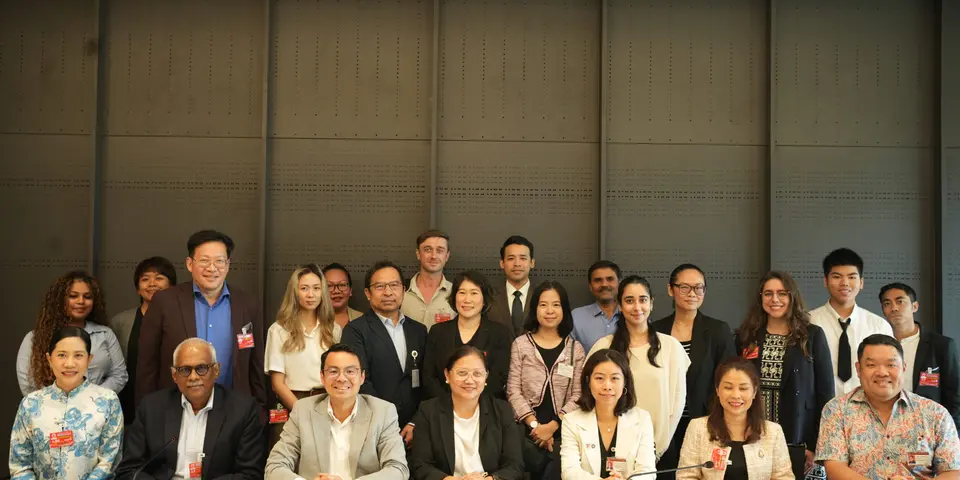
APHR Looks Into Corporate Accountability and Comprehensive Emission Standards as Thailand’s Air Pollution Crisis Chokes the Most Vulnerable
August 02, 2025

BANGKOK, 2 August 2025—ASEAN Parliamentarians for Human Rights (APHR) voices urgent concern over Thailand’s worsening air pollution crisis and the deadly haze from massive agricultural biomass burning and lack of strict air emission standards impacting vulnerable groups and rural communities.
With the rise of monocrop agriculture in Thailand, the industrial maize cultivation for mass production that require extensive land clearing by burning and the slash-and-burn practices in rural areas associated with lack of resources for more sustainable farming increases levels of fine particulate matter (PM 2.5) which is one of the most dangerous short-lived climate pollutant (SLCP) that is often exceeding the World Health Organization (WHO) standards.
In a Climate Change Inter-parliamentary Inquiry conducted by APHR at the Thai Parliament this Friday, sources, impacts and the human rights considerations around air quality in the country are tackled.
“This parliamentary inquiry together with policymakers from Thailand, the Philippines and Malaysia is an aim to understand the situation on the ground in relation to air pollution from open burning that is impacting the people’s right to a safe, healthy and sustainable environment,” expressed Charles Santiago, APHR Co-Chairperson and former Member of Parliament of Malaysia.
According to the Thailand Ministry of Public Health, there is an over 40% surge in hospital admissions in 2024 alone during the burning season.
Nitipon Piwmow, Member of Parliament of Thailand shared that, “public health impacts are devastating; from respiratory illnesses, eye irritation, increased risks of heart attacks and climbing mortality rates affect rural and urban communities alike.”
In this light, APHR is committed to call for strict and more comprehensive enforcement of emissions standards and pollution data transparency through a nationwide mechanism as articulated in the pending Clean Air Act. Moreover, an ASEAN-level fund specifically to address poor air quality as experienced by countries in the region is also being considered.
Chean Chung Lee, Member of Parliament of Malaysia remarked, “the key findings of this parliamentary inquiry we have conducted with different stakeholders from the government, civil society and frontline communities will be released in a COP30 (UNFCCC Conference of Parties) report along with the key findings from the inquiries we have done in Indonesia on nickel mining; reclamation in the Philippines; and now air pollution in Thailand.”
Furthermore, APHR aims to use these key findings and recommendations to center human rights in policymaking at the national and regional level to contribute to curbing environmental devastation and climate crisis driven by corporate interests.
“Preliminary inquiry discussions underscore the need for the Thai government to look at emissions reduction not only from slash-and-burn practices but also those from big agribusinesses that are largely benefitting from the lack of enforcement mechanisms and comprehensive regulations,” emphasized Arlene Brosas, APHR Board Member and former Member of the Philippine House of Representatives.
She added that, “it is imperative that we recognize that without immediate, people‑centered measures to protect communities most affected, the burden of harm will persistently fall upon those who are least responsible and least able to safeguard themselves.”
ASEAN Parliamentarians for Human Rights (APHR) was founded in June 2013 with the objective of promoting democracy and human rights across Southeast Asia. Our founding members include many of the region's most progressive Members of Parliament (MPs), with a proven track record of human rights advocacy work.